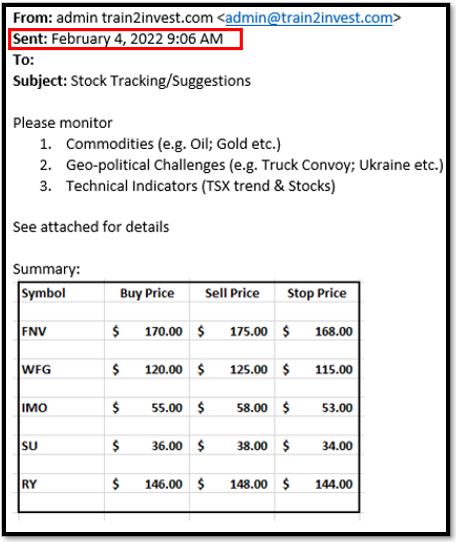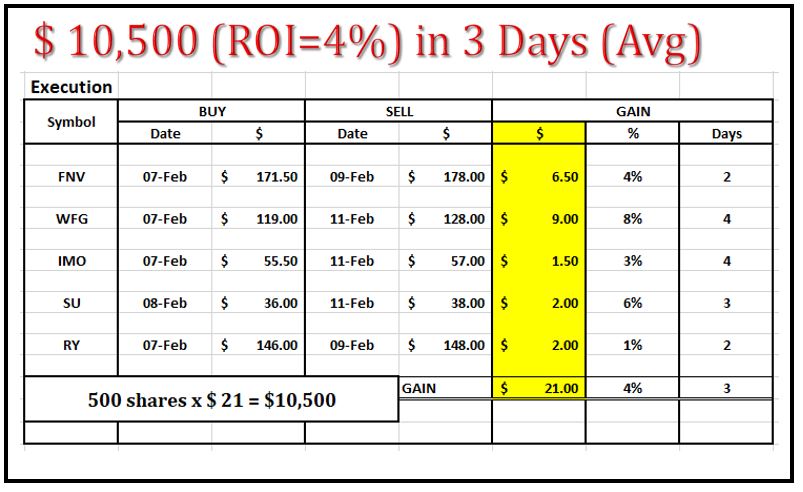Are you considering to take investment training & education in Canada before taking a plunge into the stock market? Then we at Train2Invest will be glad to help and assist you with stock trading and investing in Canada.
Important Terms To Know
Before getting into the stock market take a look at some of the important terms that you need to know.
Robo advisor is a digital platform that provides automated investment management at a low cost.
An independent platform that allows investors for stock trading, bond trading, ETFs and mutual funds on their own without taking help of any investment advisor. Online broker is also termed as a discount broker.
- Exchange Traded Fund (ETF) –
An Exchange Traded Fund usually carries a basket of stocks and bonds from a sector, country or region. ETFs are bought and sold on the stock market just like individual stocks.
An ETF or mutual fund that tracks an unambiguous standard or market index. The goal is for the index fund to match the returns of that standard index.
-
Management Expense Ratio (MER) –
The Management Expense Ratio (MER) of an ETF or mutual fund, which includes the fees, operating expenses, taxes and trailing commissions involved in managing the fund. The lower the MER, the higher is the expected future returns.
Buying shares of a company means buying equity in the business for investing in stock market.
Fixed income is the investment that includes an interest payment such as bonds that make up the fixed income portion of an investment portfolio.
Asset mix refers to the percentage of your portfolio held in stocks or equities and in fixed income or bonds. It can also include other assets such as real estate, cash and precious metals.
A single ETF containing several other ETFs from around the globe that includes equity and bond ETFs. It is rebalanced automatically for maintaining its original target asset mix.
How Short Term Investing and Long Term Investing Differ
Short term investments are different from that of investing for long term saving. Therefore, the type of investments you choose depends upon what you are saving for and when you need the money.
Stocks, Mutual funds and ETFs are suitable for long term investments that are usually more than 10 years. However, if you are saving money for a house down payment, for instance then GICs (Guaranteed Investment Certificates) or a high interest savings account will be the best bet for you.
Besides these there are several other aspects of stock trading and investing that you need to learn before getting into the stock markets. Our investment training & education in Canada at Train2Invest are designed specifically to help you trade and invest in stock markets (TSX) without experiencing huge loss. We make you understand the market and its trends to keep you updated. Want to know more? Contact us today.






